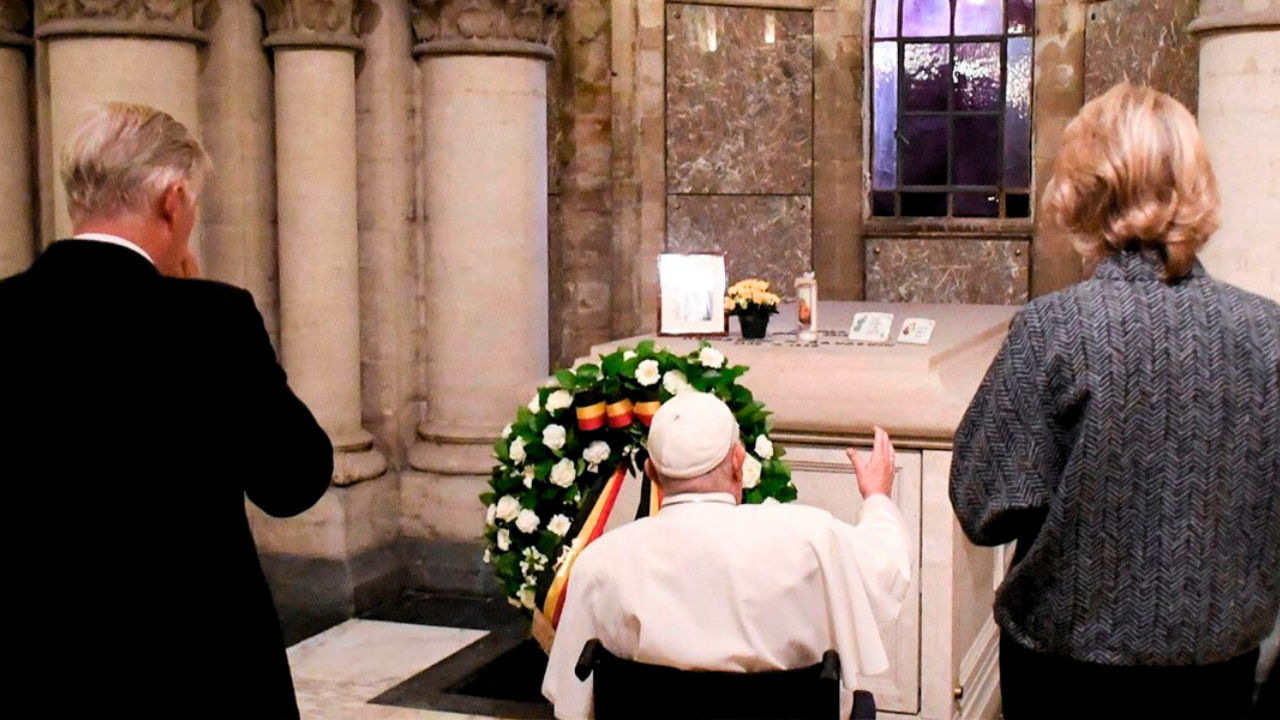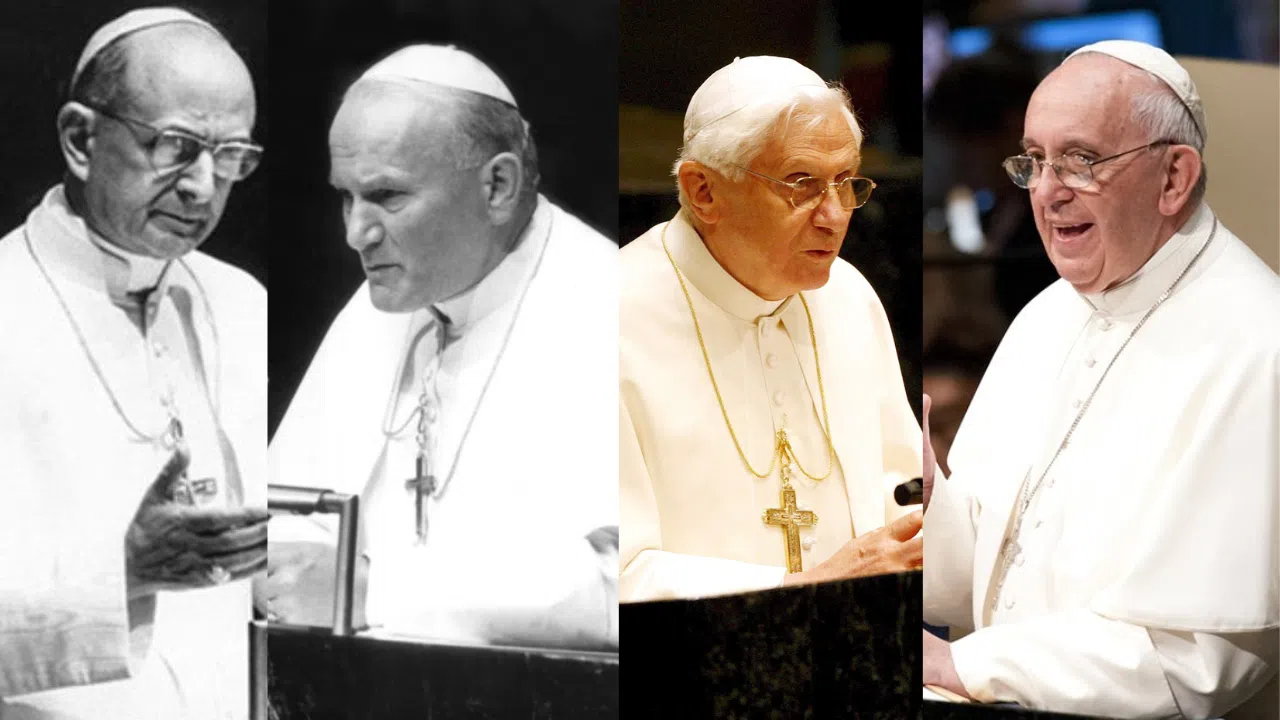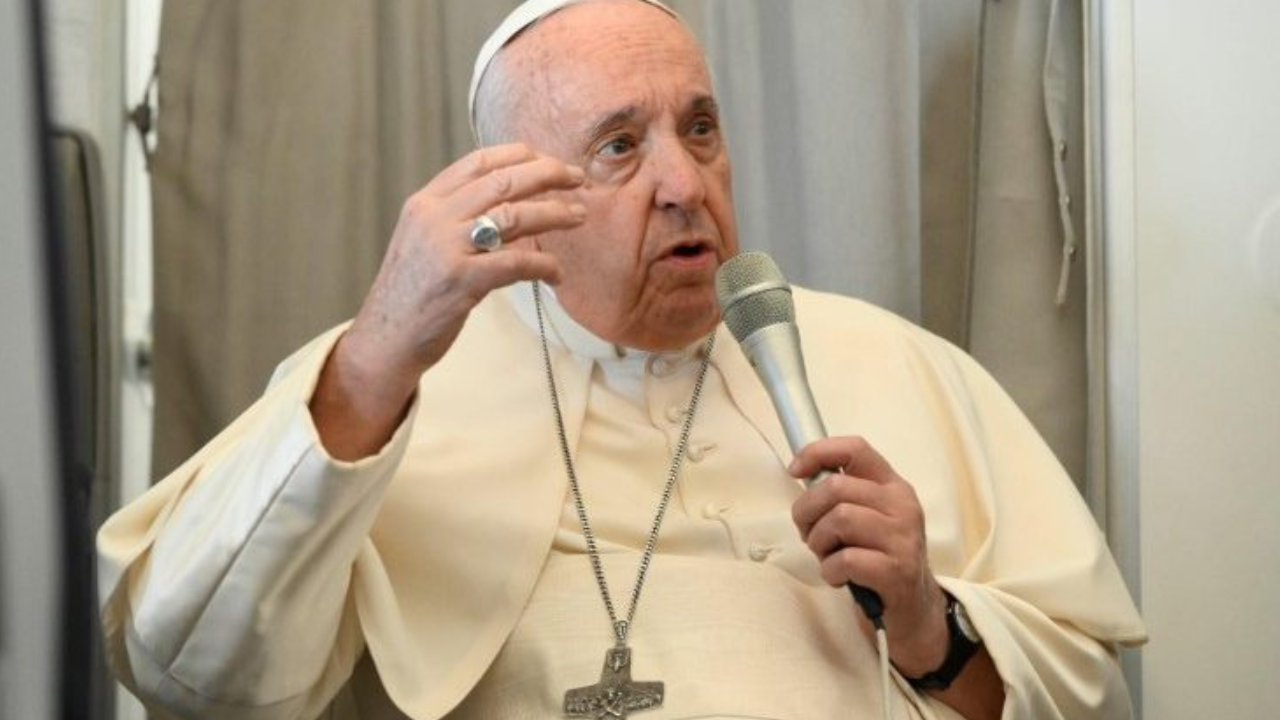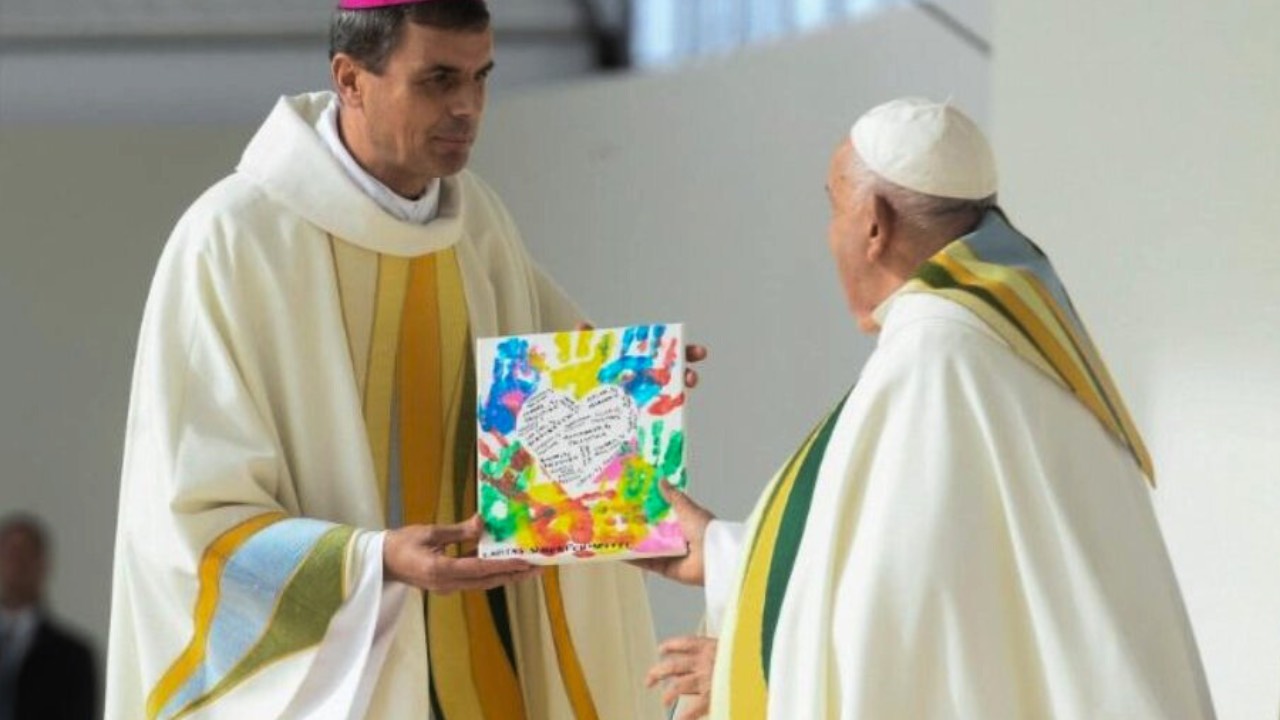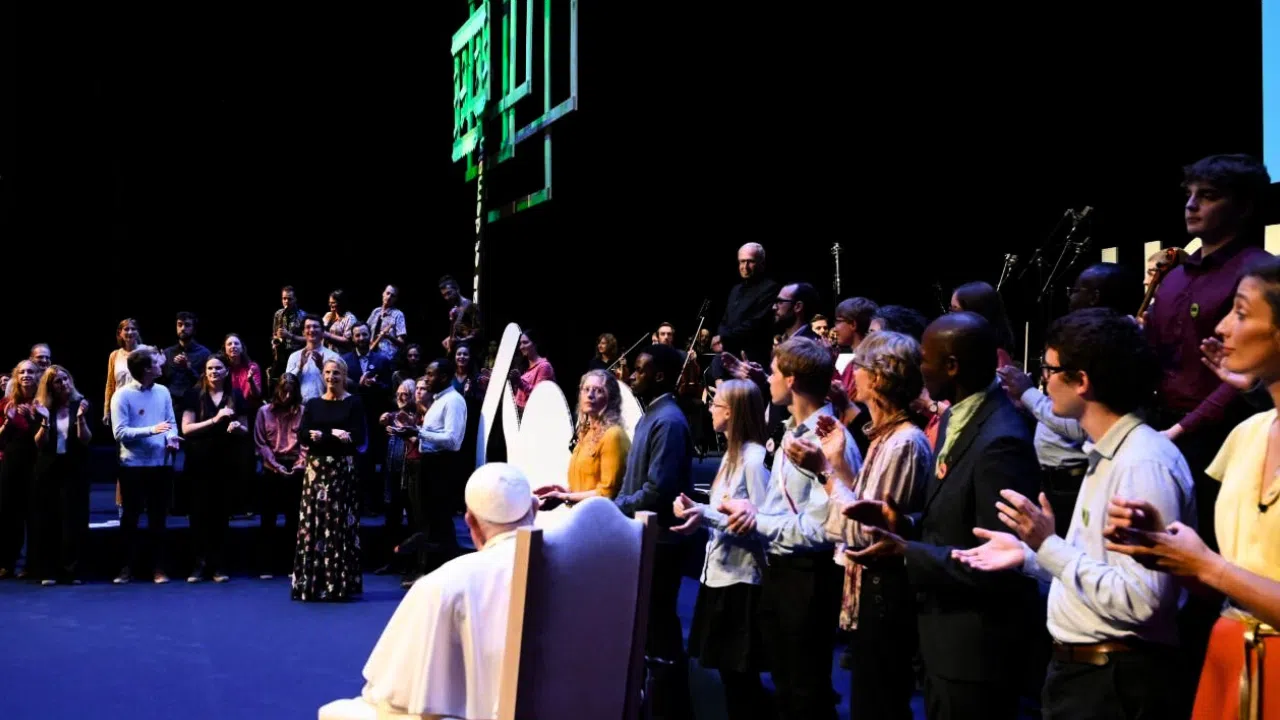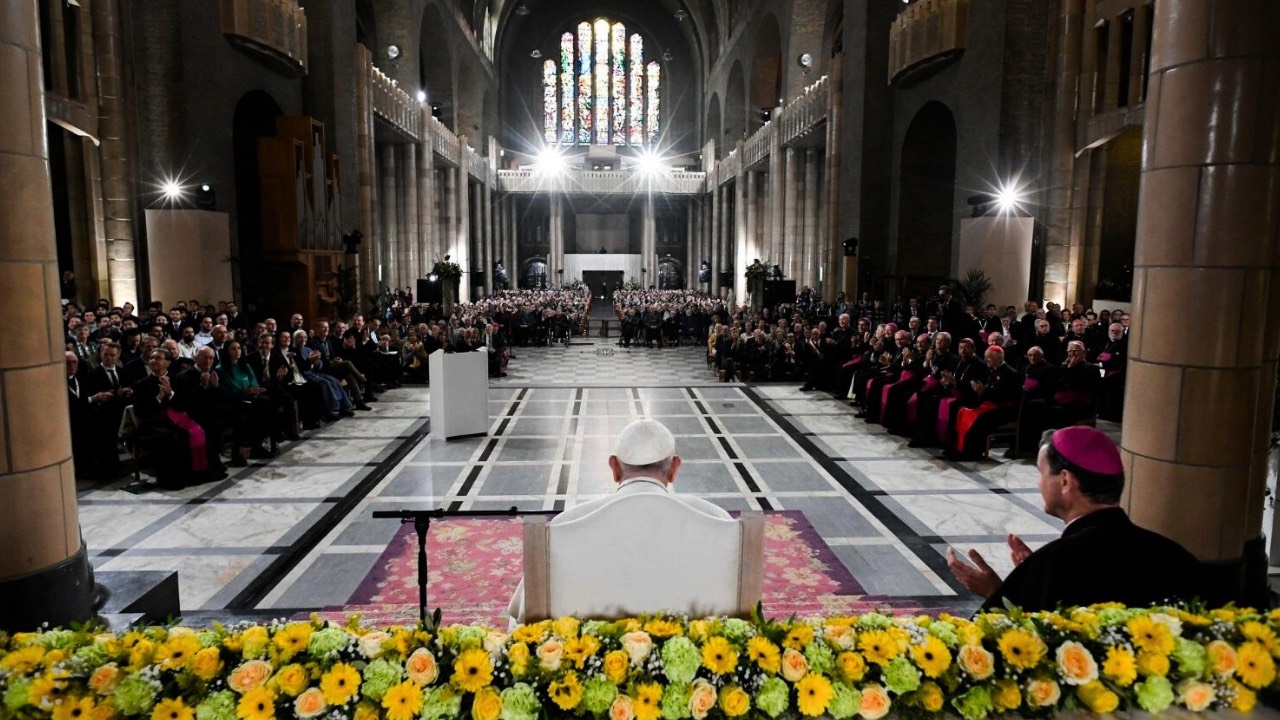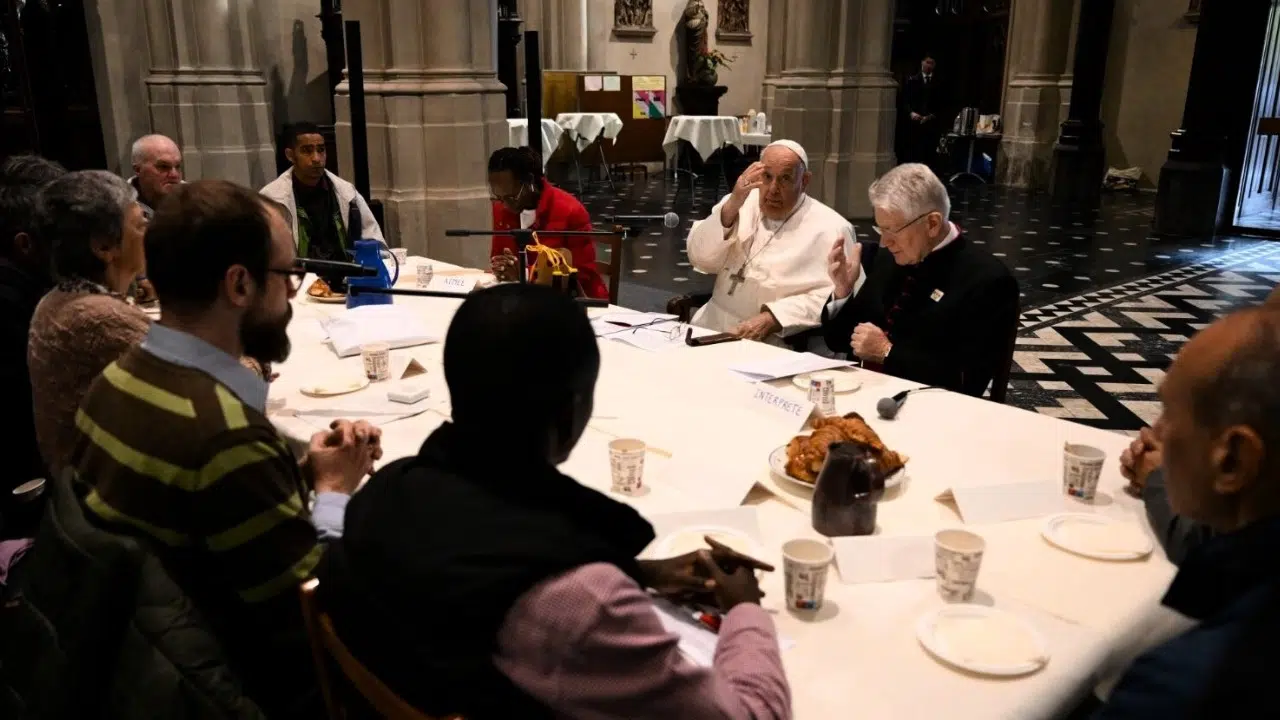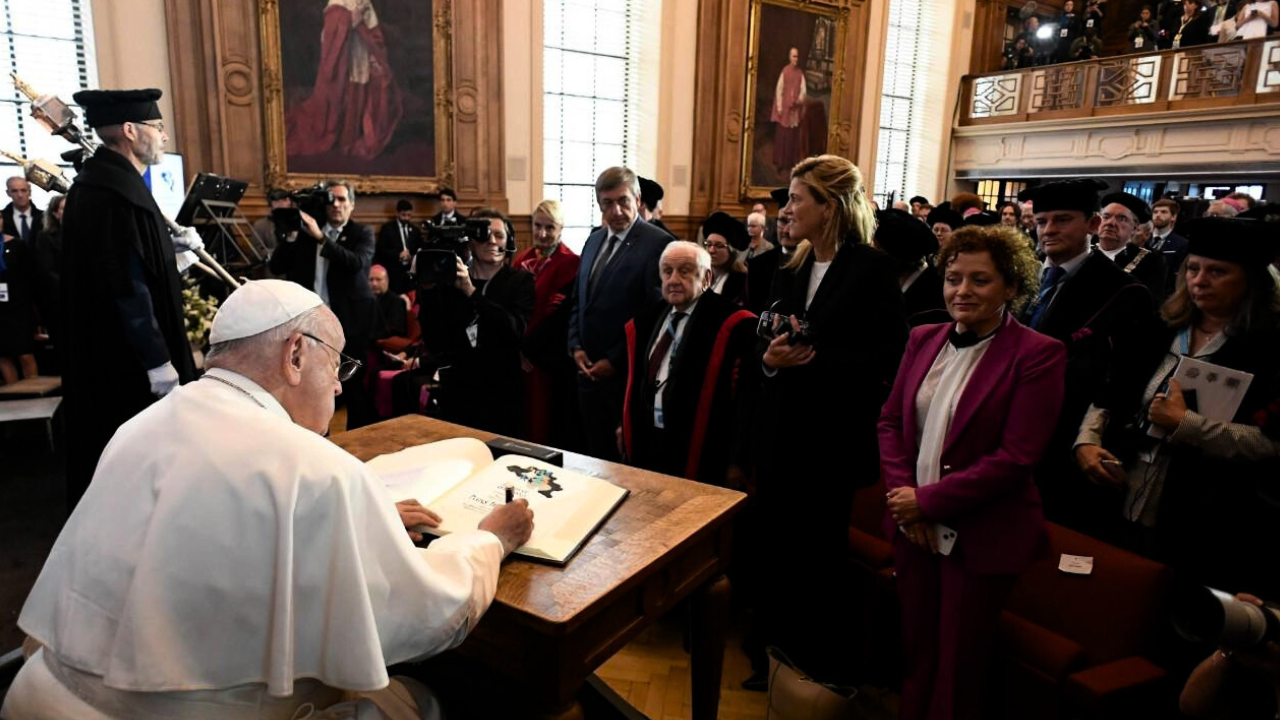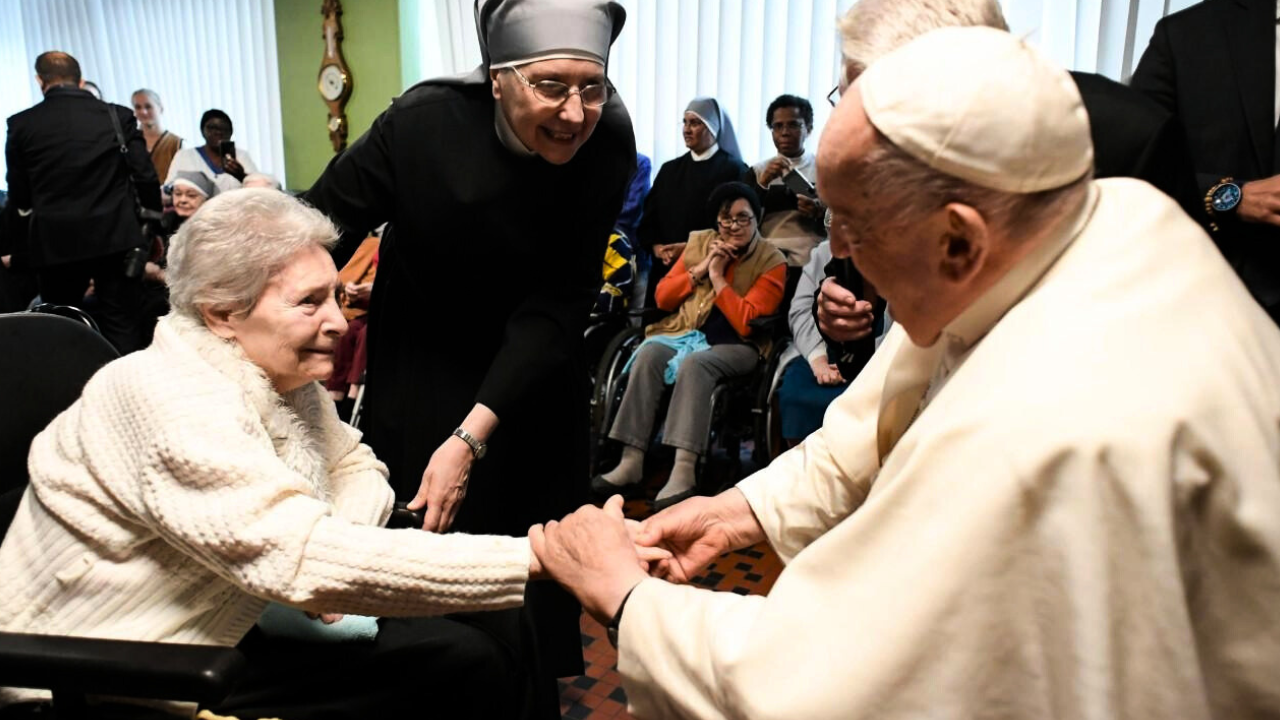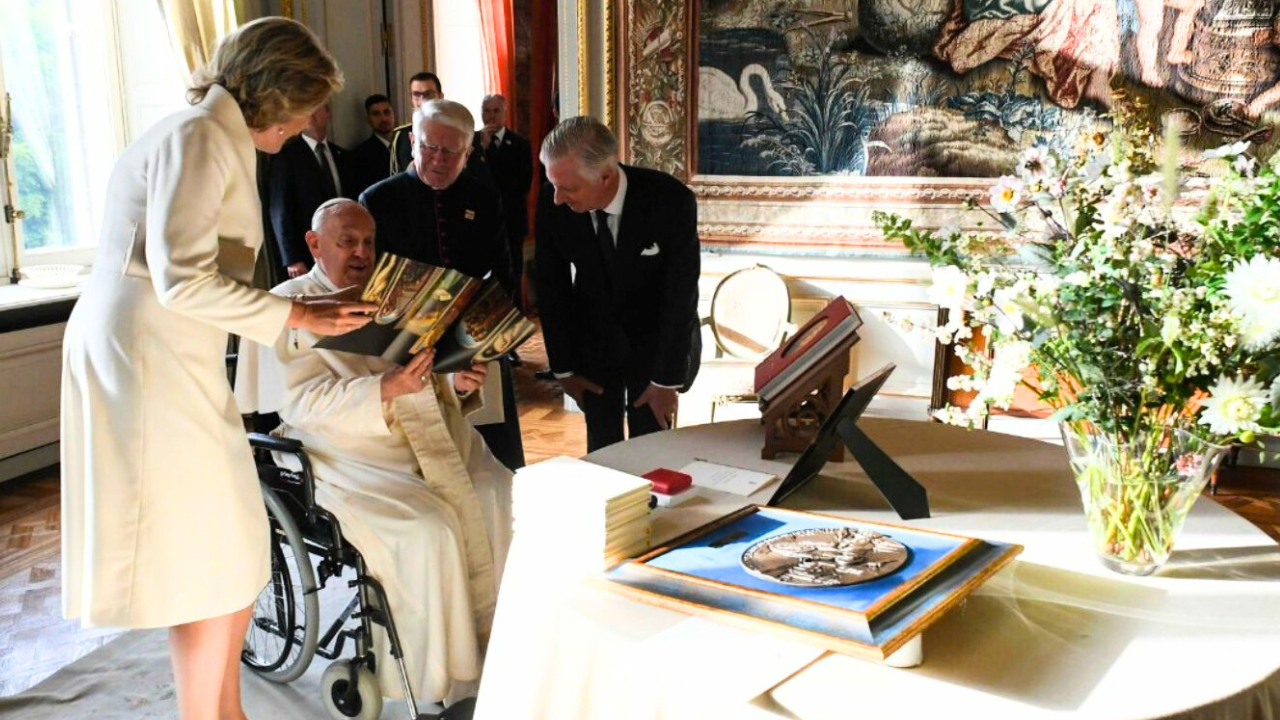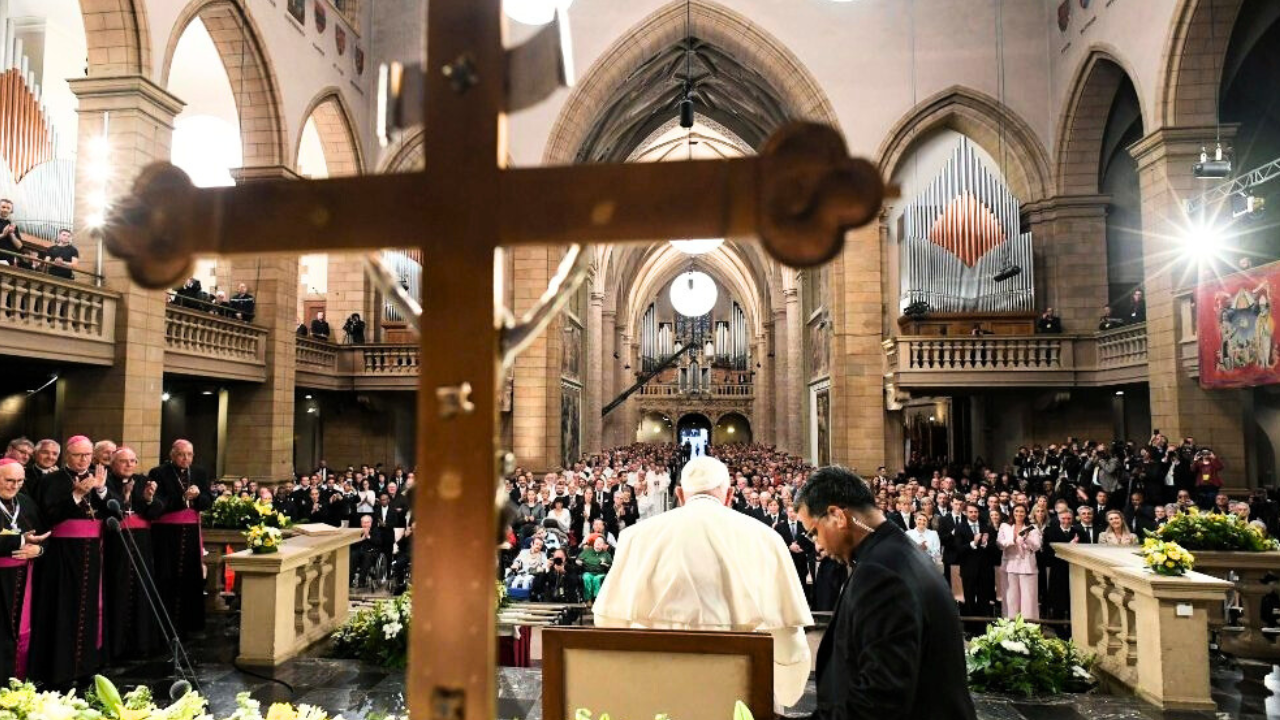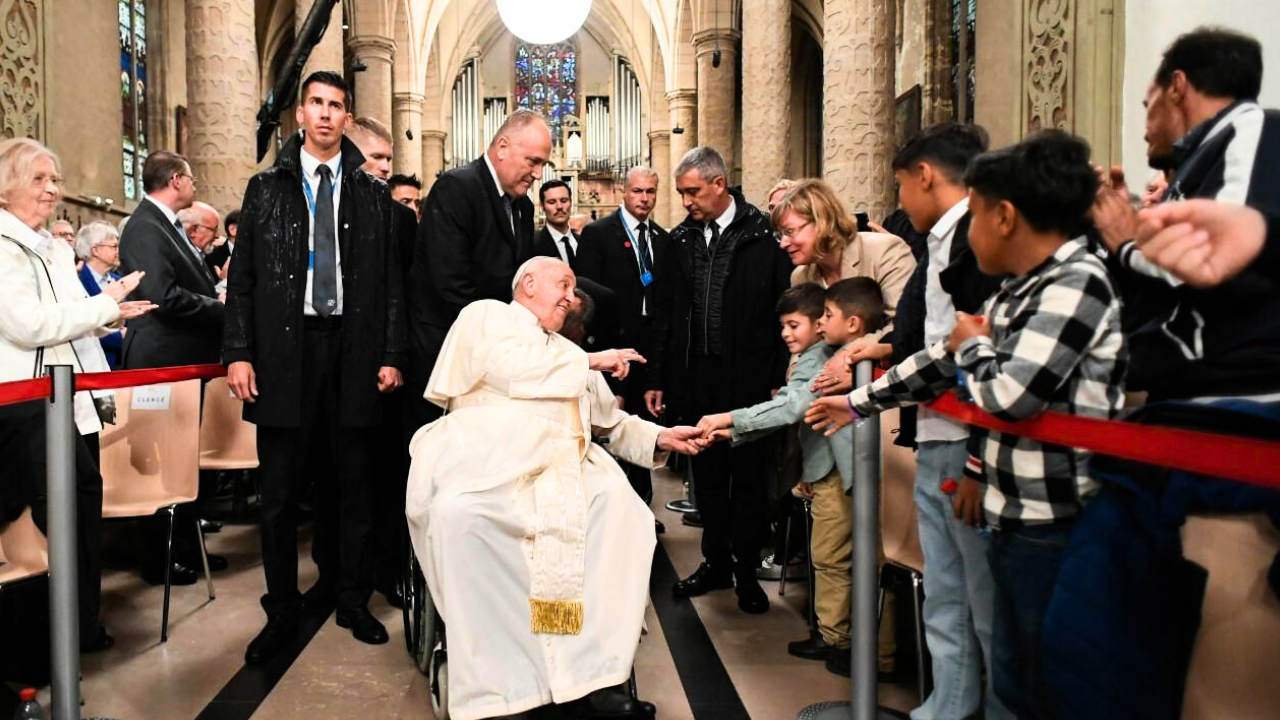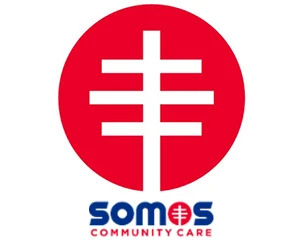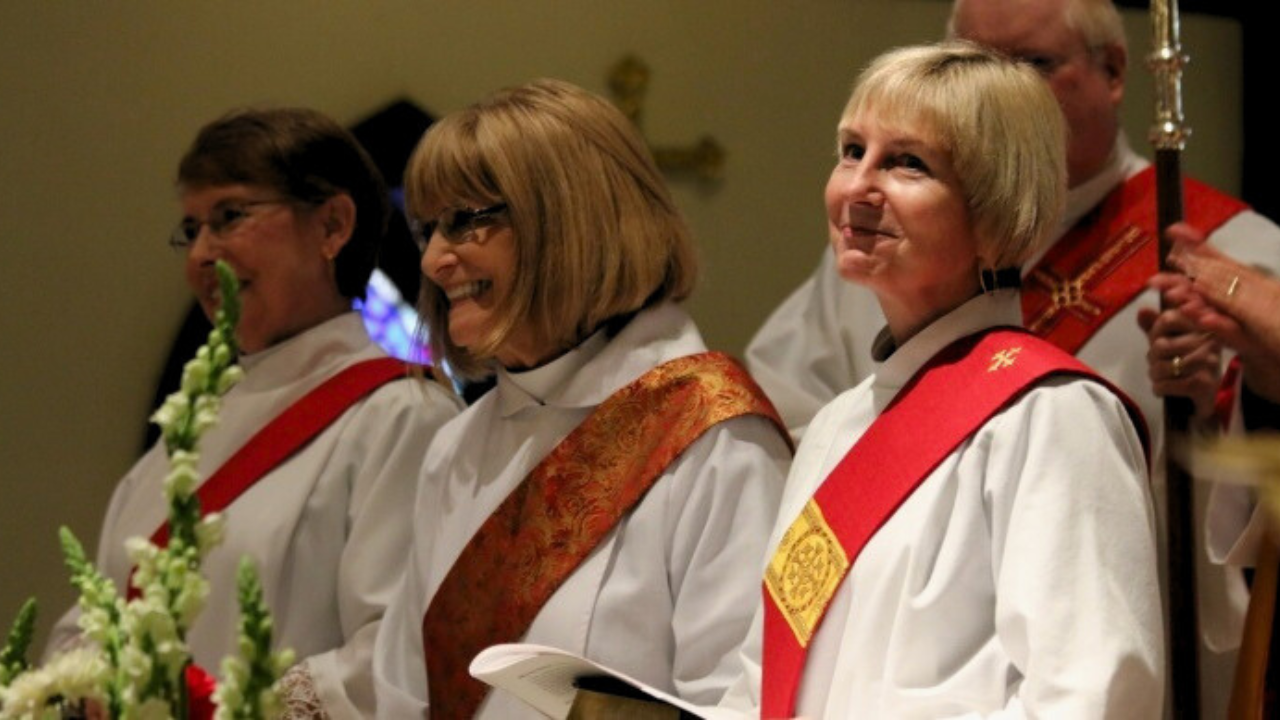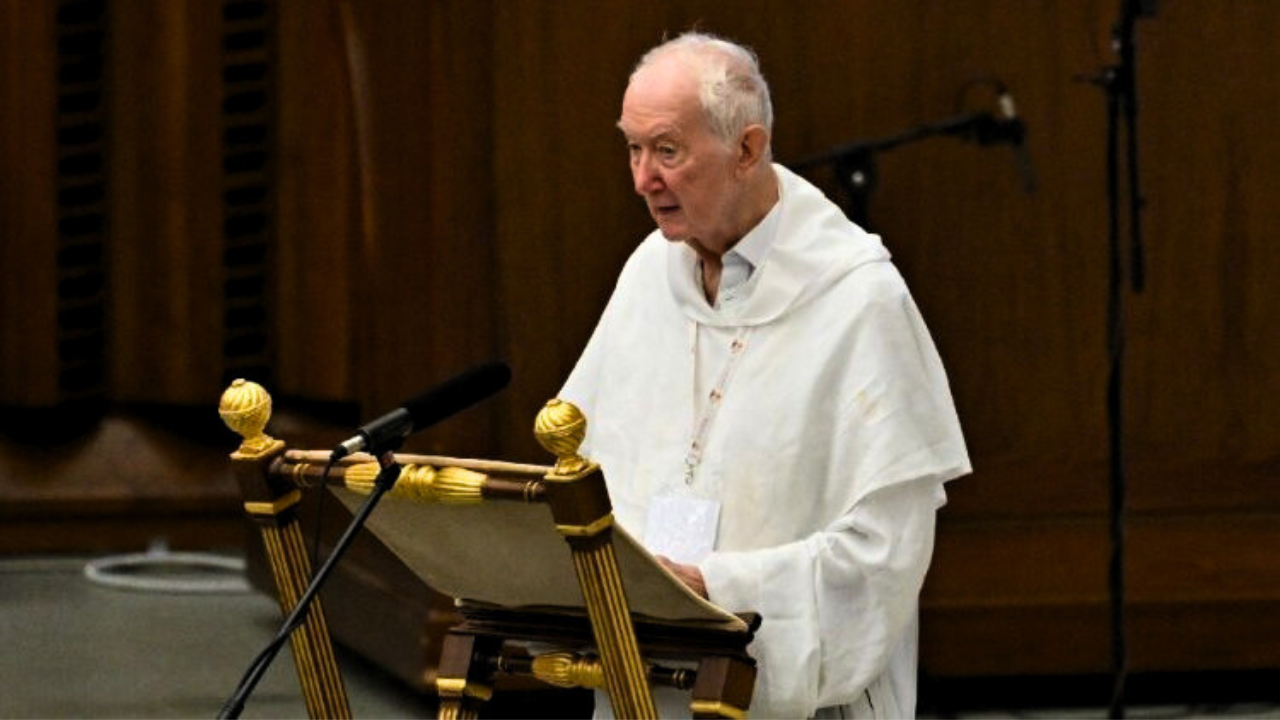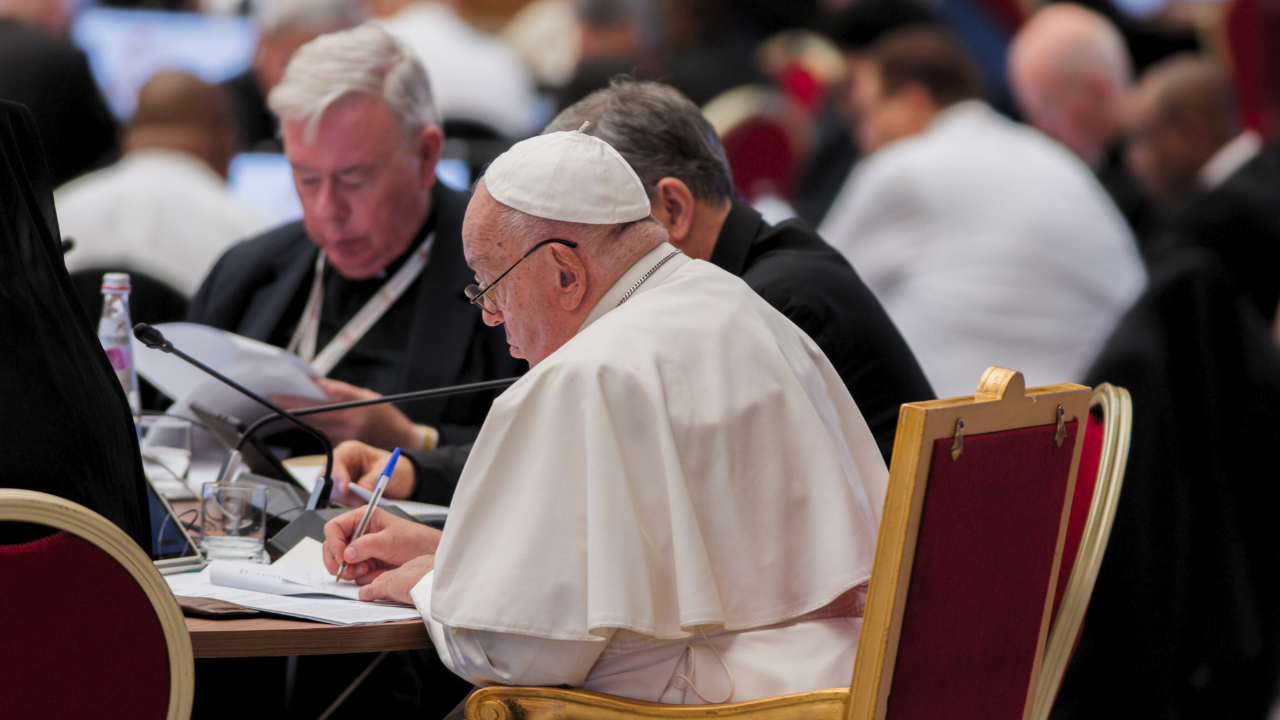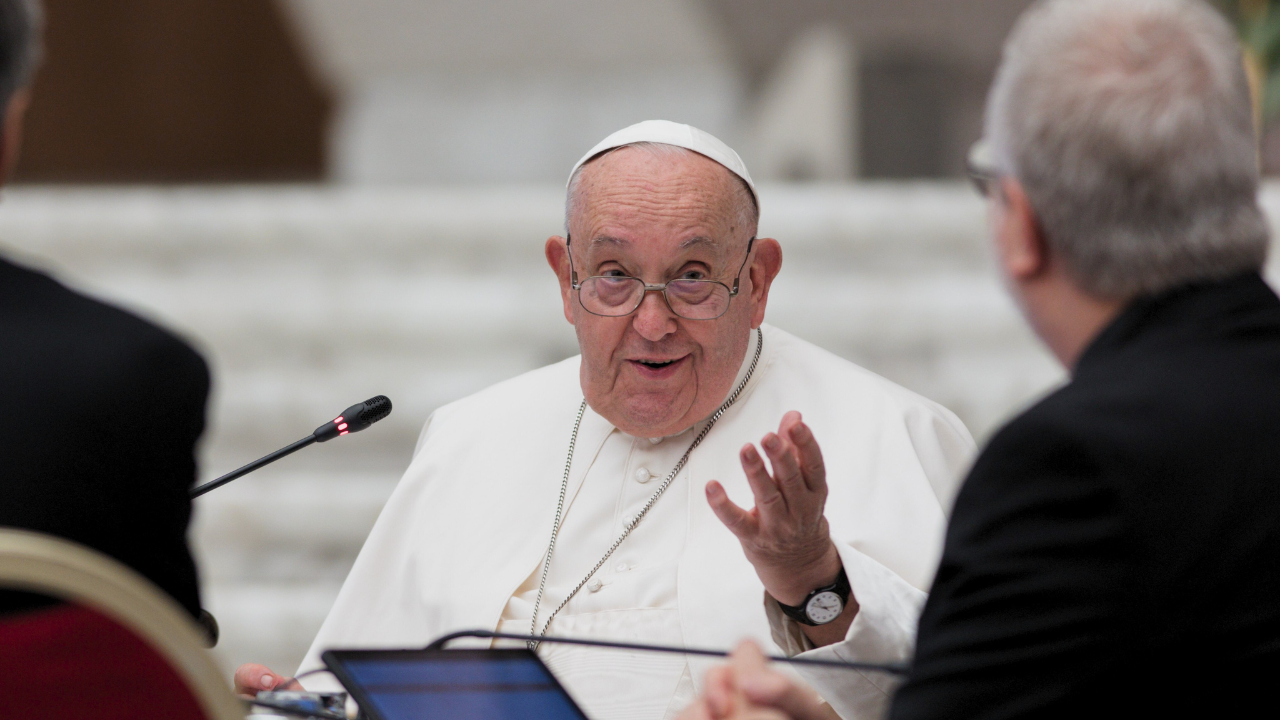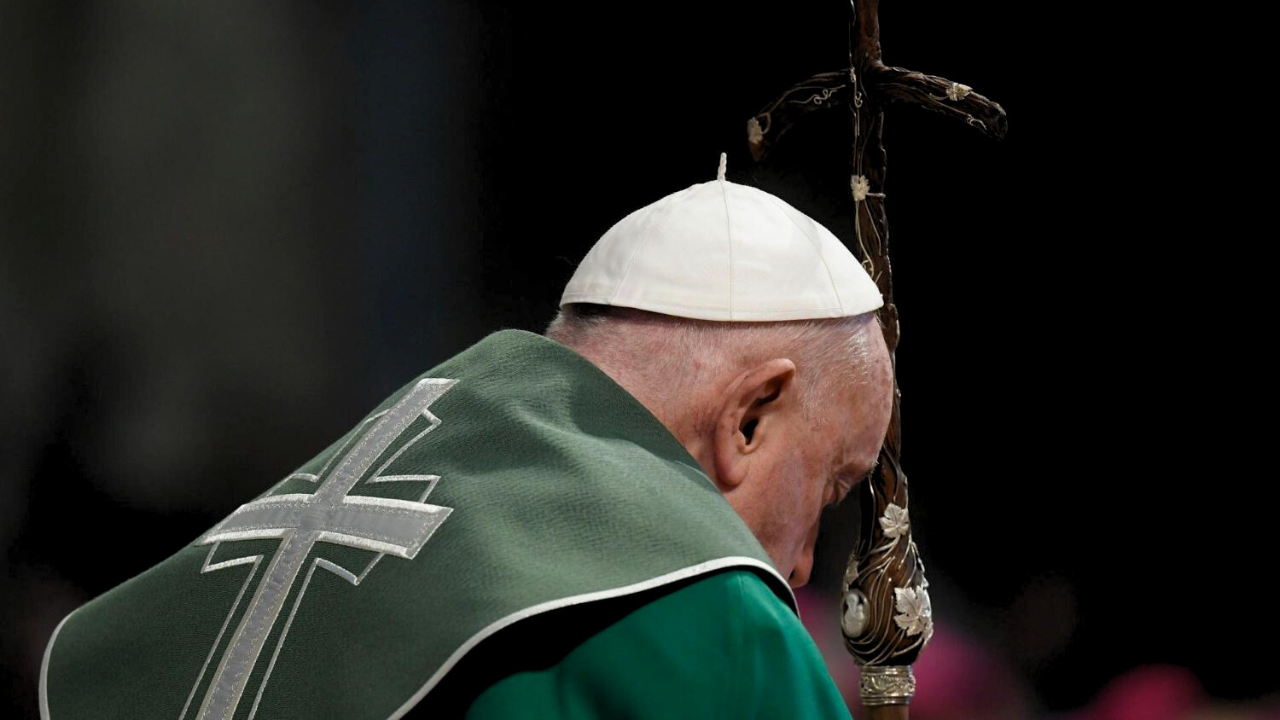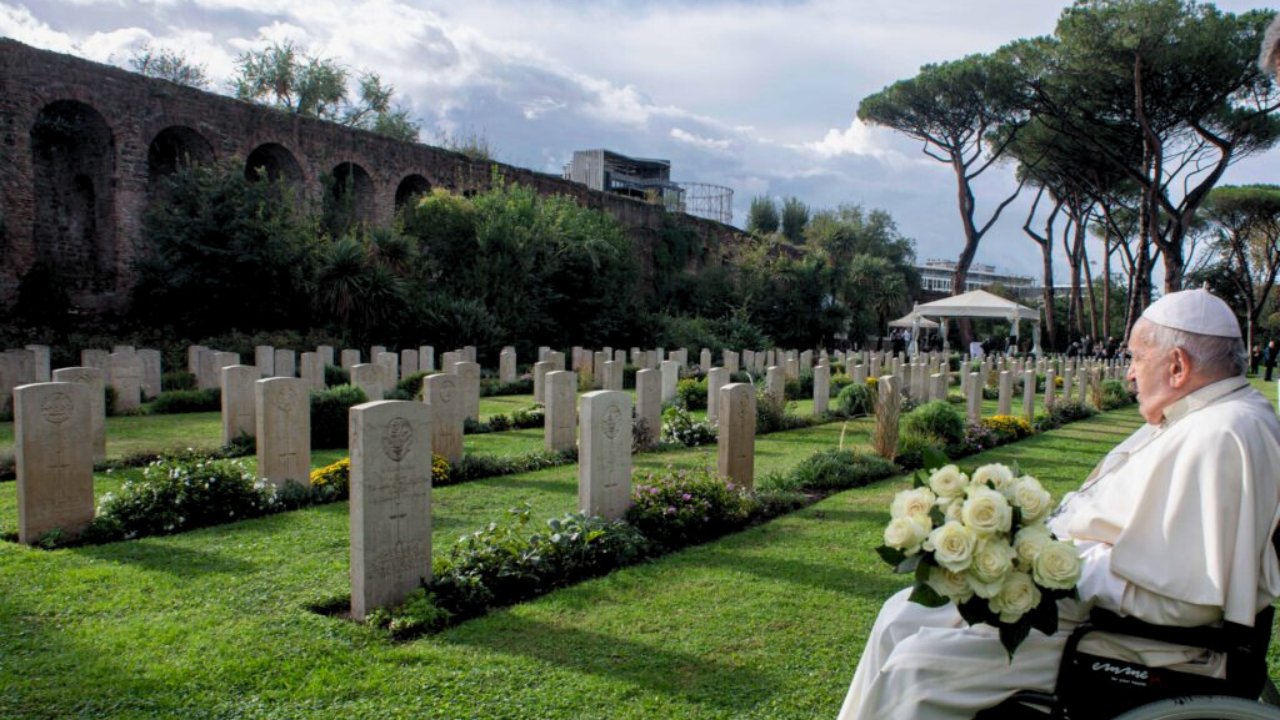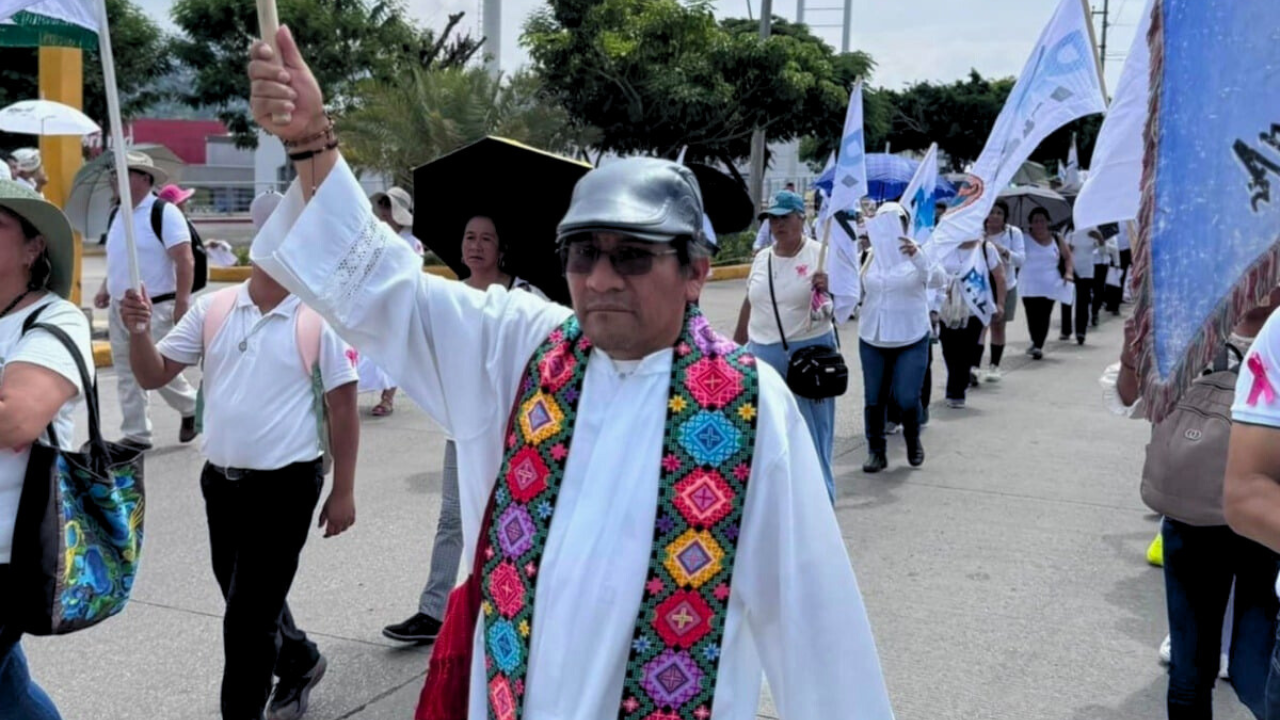Distinctive paintings of the Marubo ethnic group are drawn on his body. It is because today there is a visit by the representatives of the Missionary Indigenous Council, the institution in the Brazilian Church that enforces the rights of these peoples.
In the valley of the Javari river, in Brazil, concern has spread. Now, more than ever, the natives are afraid. That's why they protest like this.
They do not want their rights taken away because there are those who have fought so hard for them.
The new Brazilian government is openly opposed to indigenous cultures.
Economic interests drive the government's policies, such as agribusiness. The Amazon is a fertile land, for crops and pastures and, therefore, also suitable for livestock farming.
The indigenous people express their opposition in this way, throwing arrows at these drawings of animals. They do not want livestock companies to occupy these lands.
SHETA MARUBO
“Do they still want more land? We had so much, but now we have almost nothing. Yet, they still want to take more. They want to take away the land and kill us.”
MASHKAPA MARUBO
“I am here in my land. Why does it annoy them? We don't harm anyone, why is there so much hate?'
WANOA MARUBO
“Our land is the place where we live. We cannot accept that Bolsonaro is snatching it from us.”
The Brazilian constitution protects these territories for the indigenous people. For this there is FUNAI, the National Indian Foundation, which guarantees compliance with the law. It ensures the rights and welfare of these communities.
However, indigenous peoples denounce that, not being able to modify the constitution that protects them, the Brazilian government has sought to put pressure on them by weakening this FUNAI body that protects them.
In Brazil, the Catholic Church, through the Indigenous Missionary Council, is very aware of all these movements. The Church is one of the institutions most-committed to the defense of the fundamental rights of these people.
Author: Ángeles Conde
Melissa Butz
Rome Reports travelled to the Amazon with support from REPAM and CIDSE, an international alliance of catholic development agencies.
